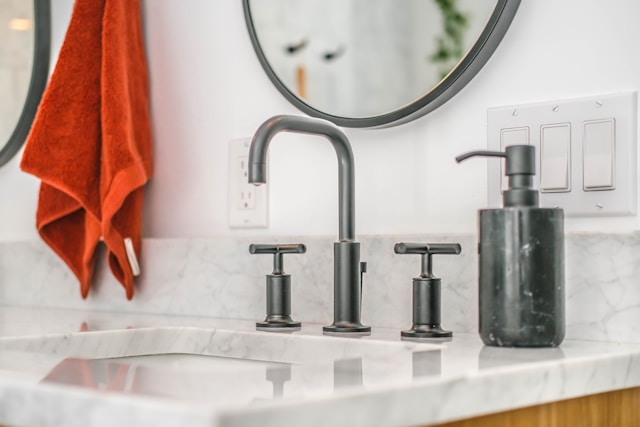Plumbing is one of those important parts of any business that people don’t notice until something goes wrong. However, businesses can suffer a lot from bad or rushed plumbing work, which can lead to expensive repairs, lost time, and even violations of health codes. This article talks about some of the most prevalent plumbing shortcuts that might hurt a business’s success and reputation.
Ignoring Proper Installation Standards
One of the most harmful shortcuts in plumbing is failing to adhere to industry installation standards and rules. Cutting corners during installation can lead to leaks, clogs, or even system failures, whether it’s the pipes, fixtures, or drainage systems. If you install plumbing correctly, the whole system will work well even when it’s under a lot of stress and pressure from commercial use. Using cheap materials or hiring workers who aren’t very skilled could save money at first, but the problems that come up might stop a business in its tracks. Following plumbing rules is not only the law, but it also protects you from extra costs and problems with your business in the future.
Skipping Routine Maintenance
Regular maintenance is required to keep a plumbing system healthy and prevent small concerns from worsening. If businesses don’t keep up with scheduled inspections and cleanings, they could have big problems, including pipe corrosion, clogged drains, and low water pressure. Regular maintenance helps find leaks, wear and tear, or obstructions before they do a lot of harm. When people put off maintenance because they don’t have enough money, they often end up having to do emergency repairs, which are much more expensive and disruptive than planned maintenance. Ignoring this important part is a shortcut that puts the plumbing system and the business’s future at risk.
Using Inappropriate Materials
Choosing plumbing materials that are right for business needs is quite important. Using materials that are unsuitable for the water type, pressure levels, or temperature variations in the system often leads to rapid deterioration and frequent failures. For example, pipes that can’t handle chemicals or high-water pressure can rust or break before they should. Choosing cheaper materials that don’t work together can lead to leaks and contamination issues. This kind of shortcut is especially risky in places like food service or healthcare, where the purity of the water is very important. To make sure that their products last and are safe, businesses should buy long-lasting, certified materials.
Neglecting Proper Drainage and Ventilation
Effective drainage and ventilation are essential for preventing water backup and sewage gas intrusion in plumbing systems. Businesses that do not carefully plan and construct drainage slopes, vent pipes, and traps can experience clogs and persistent odors. Water that does not drain properly can accumulate and harm floors, walls, and foundations. Poor ventilation can also allow harmful gases into buildings. This shortcut jeopardizes the building’s cleanliness and safety, potentially violating health codes and endangering both staff and customers. To avoid expensive repairs and health issues, ensure that the plumbing system has adequate air movement and drains properly.
Overlooking the Importance of Backflow Prevention
Backflow is a serious issue that occurs when unclean water flows back into the clean water supply, which is extremely harmful to your health. Failure to install or maintain backflow protection systems is a dangerous shortcut that can result in water contamination, legal problems, and brand damage. To ensure the safety of water supply systems, you can consult dependable backflow services that will test, install, and repair these devices. To protect both public health and their own business, businesses must incorporate backflow protection into their plumbing systems.
Improper Handling of Plumbing Emergencies
When faced with a plumbing emergency, such as busted pipes or major leaks, several businesses choose quick remedies over professional repairs. Temporary fixes like using tape to cover leaks or homemade plugs can help for a short time, but they don’t fix the real problems. To stop water damage, mold growth, and structural damage, professionals need to step in right away in an emergency. If you don’t take plumbing problems seriously or choose hasty, inexpensive remedies, you could end up with longer business disruptions and more repair expenditures.
Conclusion
Taking shortcuts in plumbing can appear to offer quick savings or convenience, but the consequences far outweigh any temporary benefits. Businesses that ignore proper installation standards, neglect maintenance, use improper materials, or mishandle emergencies risk operational shutdowns, expensive repairs, and even health hazards. Backflow prevention and system upgrades must never be overlooked, as they play a vital role in ensuring safety and compliance. Avoiding shortcuts in plumbing is not just a matter of maintenance but a critical investment in the sustainability and success of any business.


